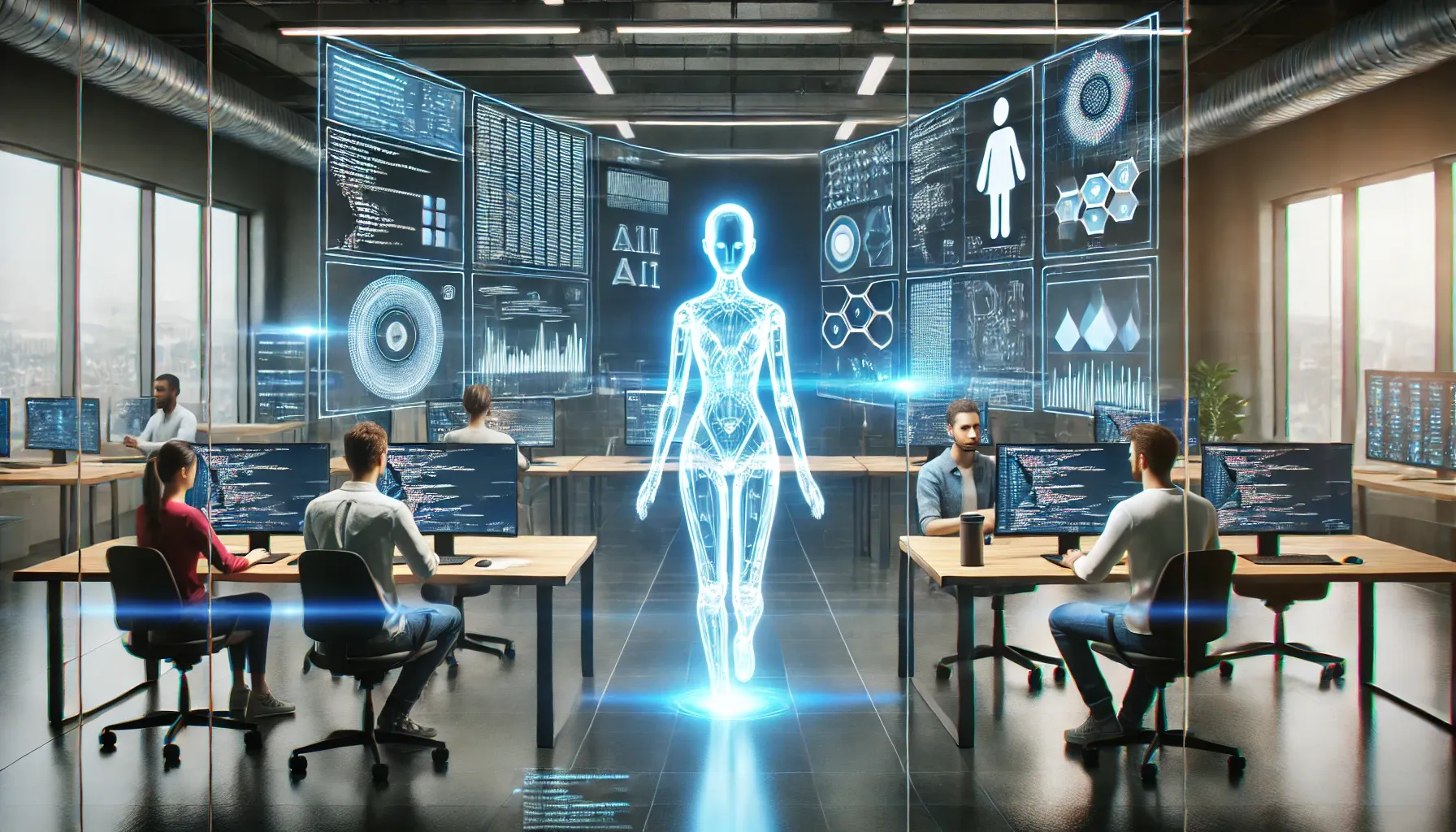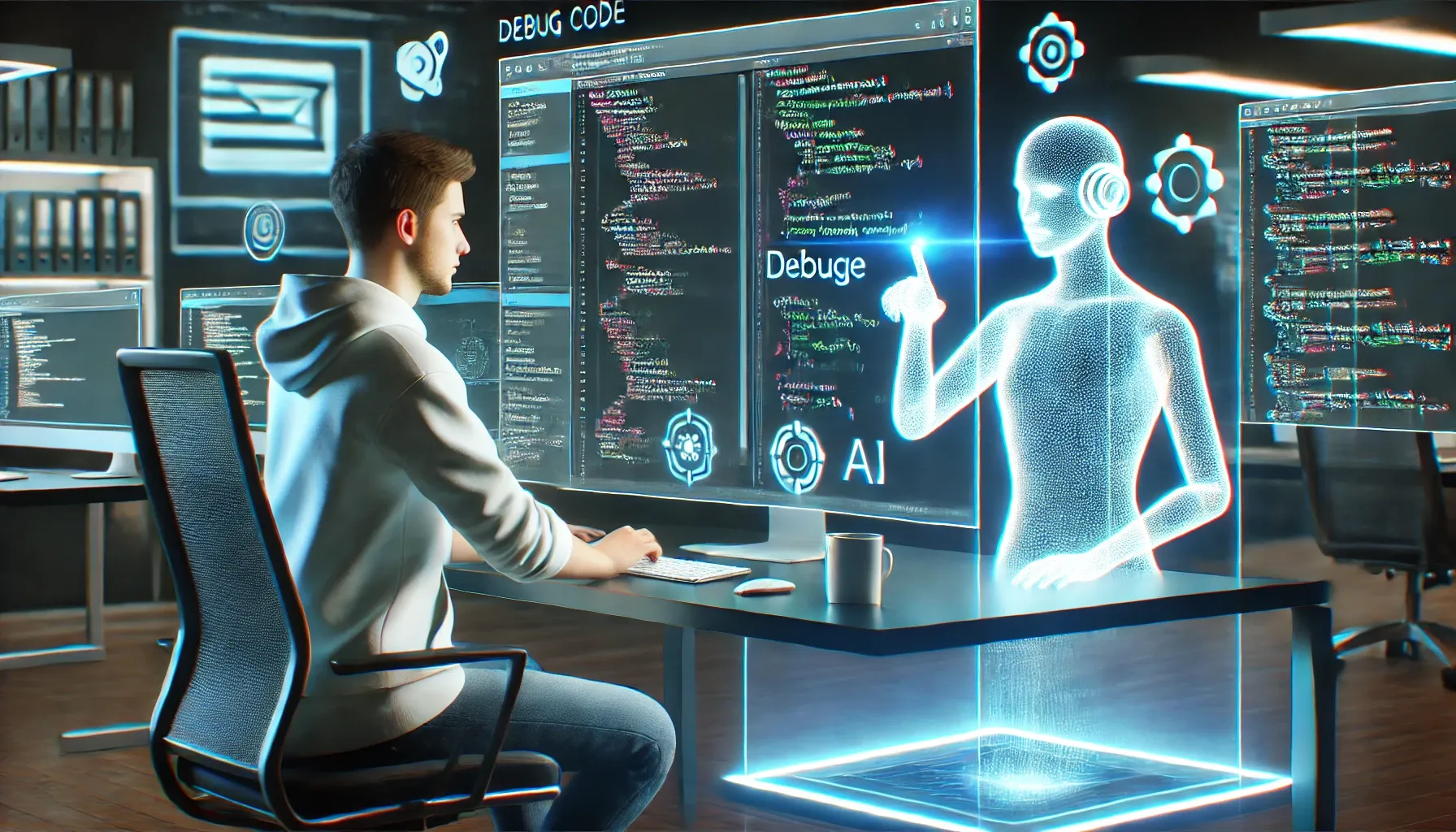Platform engineering using and delivering AI to developers decreases cognitive overload and improves context and situational awareness for developers.


Arguably the two biggest themes of the past few years, especially in the enterprise are Platform Engineering (PE) and Artificial Intelligence (AI). Both have become buzzwords and delivered some initial wins but haven't yet lived up to their full promise. What if the best way to meet the sky high expectations is to combine AI and PE?
As we've covered before platform engineering has emerged as the next evolutionary step to address the overload introduced by the explosion of software that has occured over the next decade, and the subsequent pressure it applied to cloud and DevOps teams. At its core, platform engineering is about creating reusable, self-service platforms and patterns that reduce developer toil and shrink the context window a developer needs to be productive. Instead of every team reinventing the wheel, platform engineers design, deploy and operate purpose built platforms that:
In a post-AI world being able to consolidate the view of downstream tools such as CI/CD pipelines, observability, and cloud infrastructure, offers both developers and AI much needed context for understanding, building and debugging applications.
The age of artificial intelligence is transforming every aspect of technology, and platform engineering is no exception. There are two scenarios at play here; using AI within PE and building platforms for AI delivery. While there may be some overlap the two uses are different enough to warrant discussion as stand alone topics.
In the first scenario, AI is being baked into various aspects of tools and processes that the PE team uses themselves, some of which may be dog-fooding of tools they deliver to developers, others will be used primarily by the PE team.
But this raises the complex questions which led us to the second scenario. If a new agentic workflow is deployed to support developers, who is building the underlying infrastructure, specification and interfaces for that suite of capabilities? How are these new systems governed and secured?
In our view, that should be the platform engineering team. The same strategy and standards should be used here as with other platforms.
This is where we see platform engineering will be headed over the next couple of years: the platform team leverages AND provides standardized AI capabilities to developers.
What We Call AI Platform Engineering (APE)
This presents a significant improvement over previous generations of tooling in both the developer and DevOps sphere. Instead of fighting headwinds getting developers to use new tools or adopt broken processes, developer platforms will come with intelligence baked in from day-1. Most importantly, they will provide access to the intelligence where developers and operators already work. In essence these platforms will bring the water to the horse.
The implementation and approach taken here can range from a chat-based LLM in place of search functionality, to a code generation assistant, or even a fully agentic workflow. The underlying tooling provides the same core functions, but with massively improved flexibility, performance and interfaces that leverage advances in AI.
Our opinion is that this functionality should be delivered by the platform engineering team in a workflow that is already native for developers and operations teams. Rather than yet another web interface or application, bring these capabilities directly into the IDE, terminal and collaboration tools where people already do work.

AI can already analyze patterns in logs, metrics, and traces to identify bottlenecks, optimize workflows, and increasingly even predict failures or redress them as they occur. This dramatically reduces the amount of toil a developer, SRE or associated team encounters.
Using a graph-backed developer platform helps provide improved context for AI and developers. This scenarios provides a few really useful implementation patterns:
As developers switch between tasks and tools they are often overwhelmed trying to find things. A given piece of software is often represented differently in each tool a developer uses. Similarly each tool often has a different workflow. All of this requires the developer to maintain a mental model of what they are working on. A well-designed and integrated AI can consolidate and present relevant context faster, reducing the burden on the developer. For example:
As AI continues to evolve, so will the demands on platform engineering. It is hard to predict the future, but we currently think this is what it looks like as these domains converge:
Underlying all of this is a significant question. Who runs these systems? Right now many companies are allowing the usage of AI to occur on an individual-to-individual basis with minimal controls, legal agreements or technical strategy. We think that makes sense in the short term because of how fast the AI space is evolving, but long term?
In the model we propose the APE team is responsible for platform definition, operation and the standardization of communication patterns and governance.
Platform engineering is the natural progression of decades of innovation in systems administration and DevOps. In the age of AI, it represents an opportunity to define and govern the AI implementations leveraged by the organization. Through investment in AI Platform Engineering, organizations can empower their teams, streamline workflows, and unlock new levels of innovation – all while ensuring the security, standards and governance of AI are there from day-1.
With the right strategy and tools, platform engineering can become the foundation for success in an increasingly complex and competitive landscape.
Want to learn more about how we are handling for these scenarios or dive into devgraph roadmap items? Let's talk!